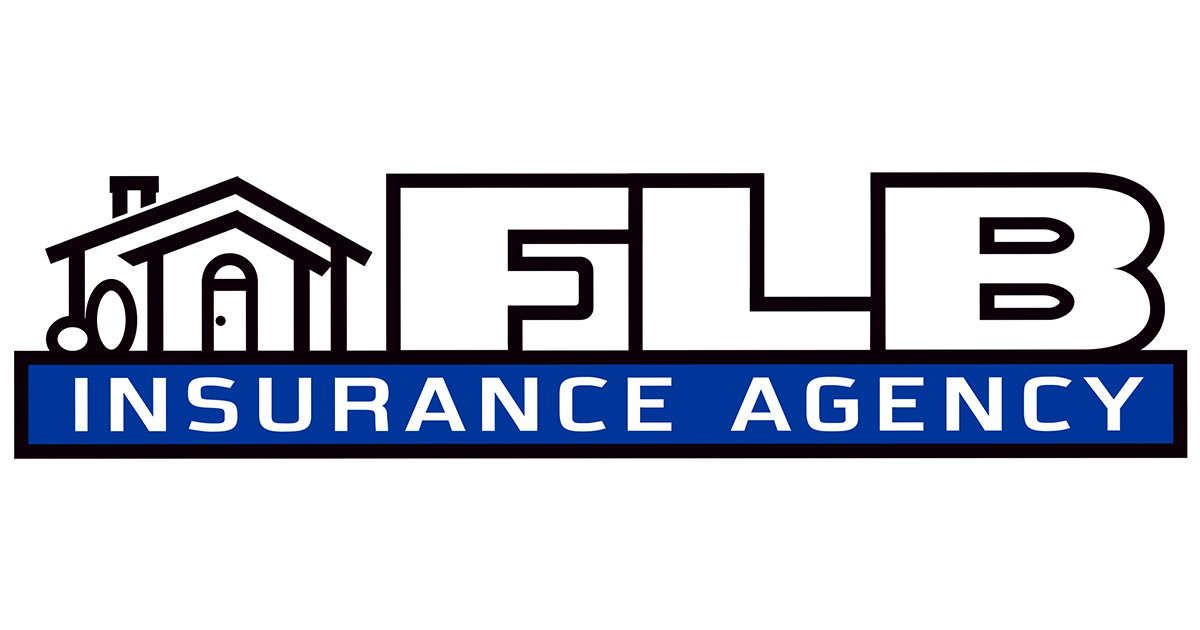10+ Years Trusted in Florida • Free Consultations • Compliance & Care for Your Team
Why It Matters in Florida 🛠️
In Florida, if your business has 4 or more employees (including part-time), you’re legally required to carry workers’ compensation insurance. In the construction industry, just one employee triggers this requirement. Failing to comply can lead to stop-work orders, fines, or even criminal charges.
Sole proprietors and partners are not required to carry it—unless they operate in construction—but they can opt in voluntarily to protect themselves.
What It Covers
Workers’ comp insurance provides no-fault protection to employees injured on the job. It pays for:
- Medical treatment (hospital, therapy, ongoing care)
- Lost wages during recovery
- Disability or death benefits
- Legal defense if sued—offering protection to both business and staff
How Much Does It Cost?
Costs vary by industry risk, payroll, employee count, and claims history:
- Average in Florida: $1.04–$1.43 per $100 of payroll, so a $100K payroll equates to $1,040–$1,430/year (~$87–$120/month)
- Nationally: averages around $45/month (~$540/year), but lower in Florida
- Small businesses typically pay $660 median (~$55/month), though some pay under $45/month
- Trades are costlier: e.g., roofing (~$8.24/100 payroll), resulting in ~$3,460/year for a $42K salary; clerical staff rate ≈ $0.13/100, ~ $52/year for a $40K salary
Managing Premiums
Your premium = payroll ÷ 100 × industry rate × experience factor for claims.
Here's how to control costs:
- Invest in safety training and equipment
- Maintain a drug-free workplace
- Volunteer for higher deductibles or pay-as-you-go billing
- File for exemption if eligible (e.g. owners outside construction)
What Happens If You Don’t Comply
- You may face stop-work orders until you show proof of coverage
- Penalties can reach twice the premiums from the past two years, plus fines up to $5,000
- Ignoring orders can lead to criminal charges
Is This Coverage Optional?
- Non-construction businesses with fewer than four employees—and non-owners—may legally waive it
- Construction firms must cover even a single employee, and require subcontractors to carry their own policies
Some sole proprietors choose to opt-in for added protection—even if exempt—to ensure full security for future employees.
Why FLB Is Right by Your Side
1. Regulatory Expertise — We help with compliance, exemptions, and filings.
2. Smart Shopping — We compare quotes from Florida-licensed carriers—plus access to state JUA if needed.
3. Safe-Risk Savings — Guidance on safety upgrades that reduce your premiums.
4. Claims Support & Renewal Help — Supporting you and your team from hire to recovery and beyond.
Cost Examples
| Business Type | Payroll | Rate per $100 | Estimated Annual Premium |
|---|---|---|---|
| Office/Admin (clerical)Office/Admin (clerical) | $40,000 | $0.13 | ~$52 |
| Cleaning Company (6 employees) | $200,000 | $3.21 | ~$6,420 |
| Roofer | $42,000 | $8.24 | ~$3,460 |
Frequently Asked Questions
Can I exclude myself?
Yes. Sole owners, partners, and officers outside construction may exempt themselves by filing a state form and receiving a certificate.
Do subcontractors need their own coverage?
Yes. In construction, you're responsible for confirming that subcontractors carry valid workers’ comp.
How does a bad experience modifier affect me?
If your business has frequent claims, your experience modifier rises above 1.0, increasing your premium. Conversely, no claims can lower it.

Keep Your Business Compliant and Your Employees Covered
Call FLB Insurance Agency for a workers’ comp quote that protects your team and your bottom line.







